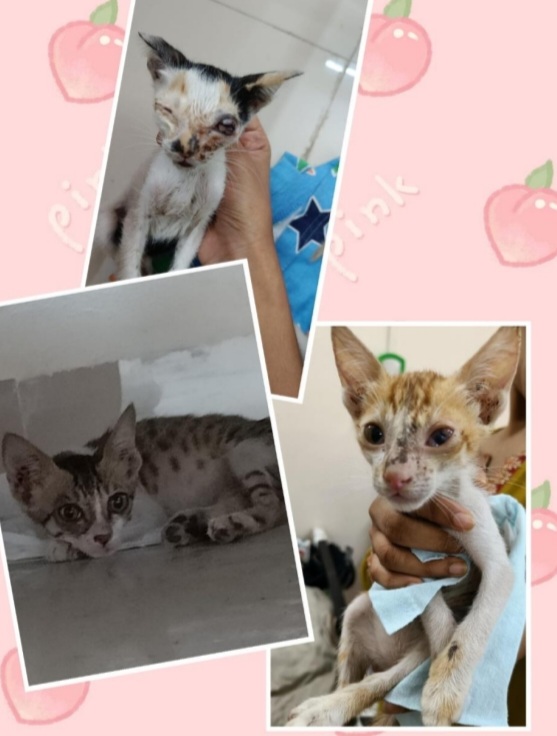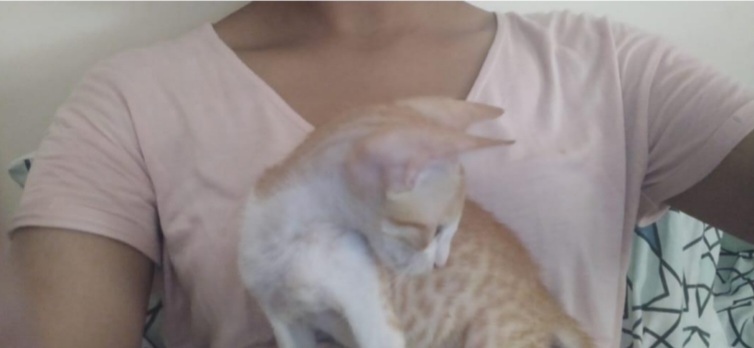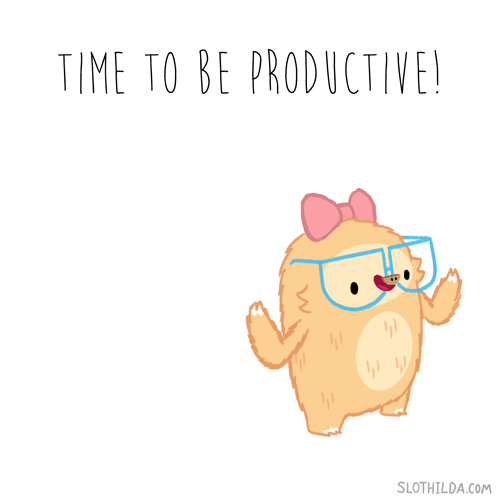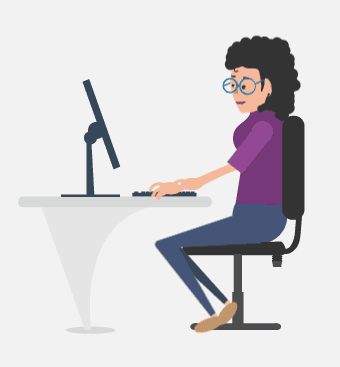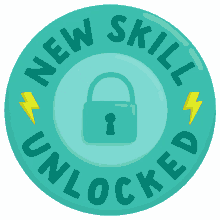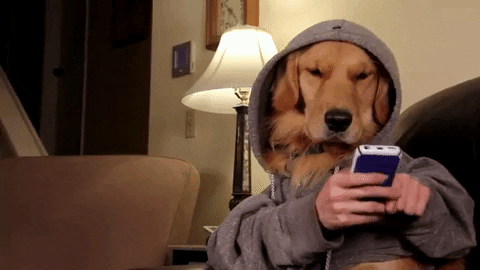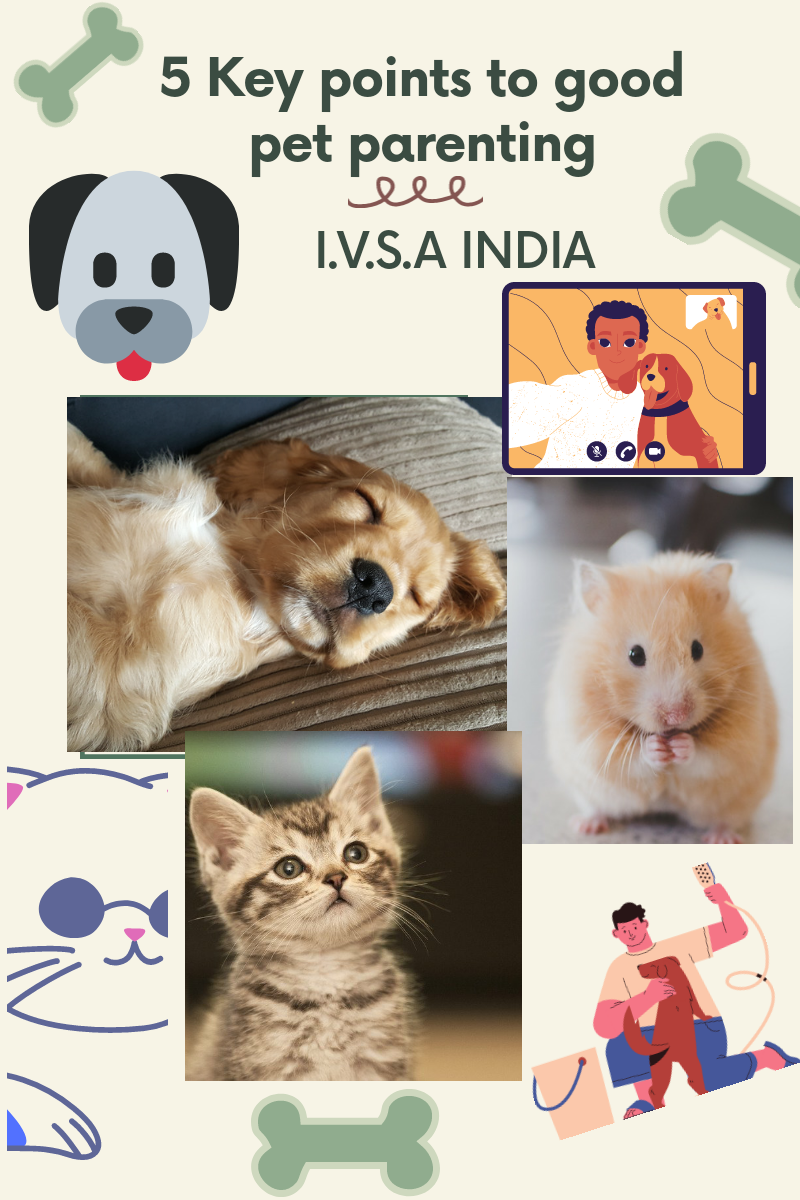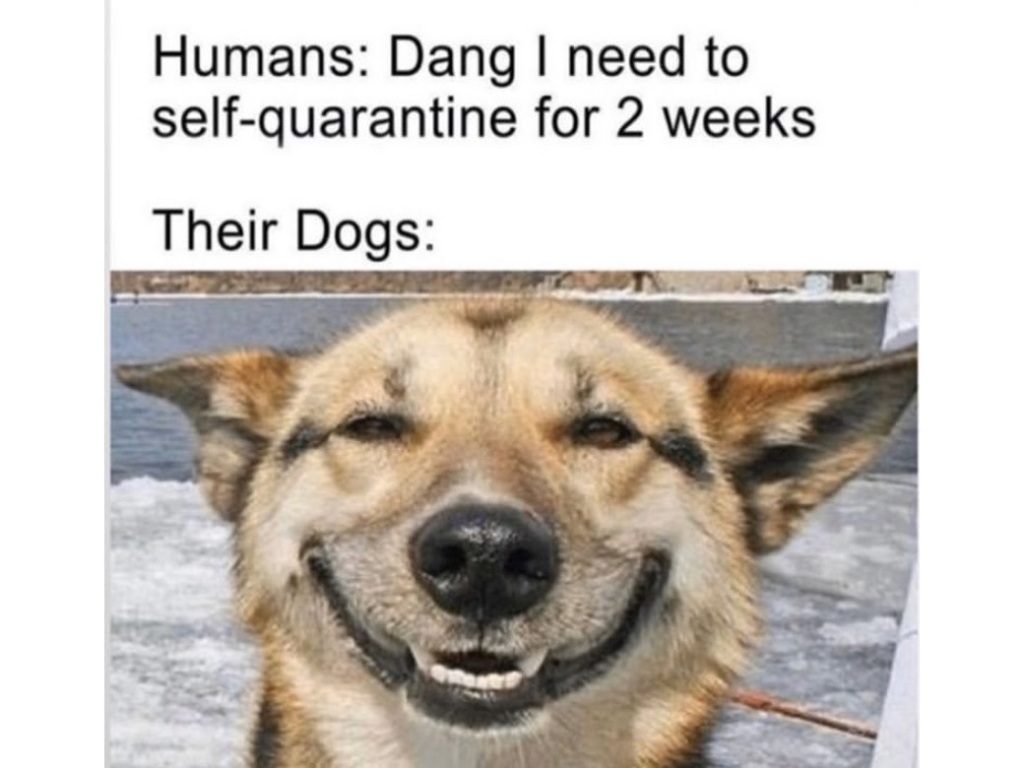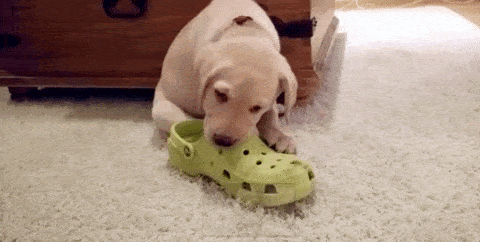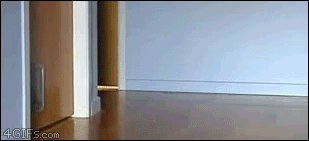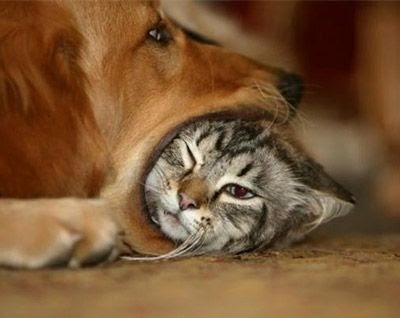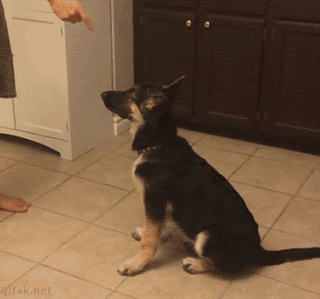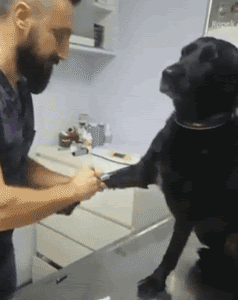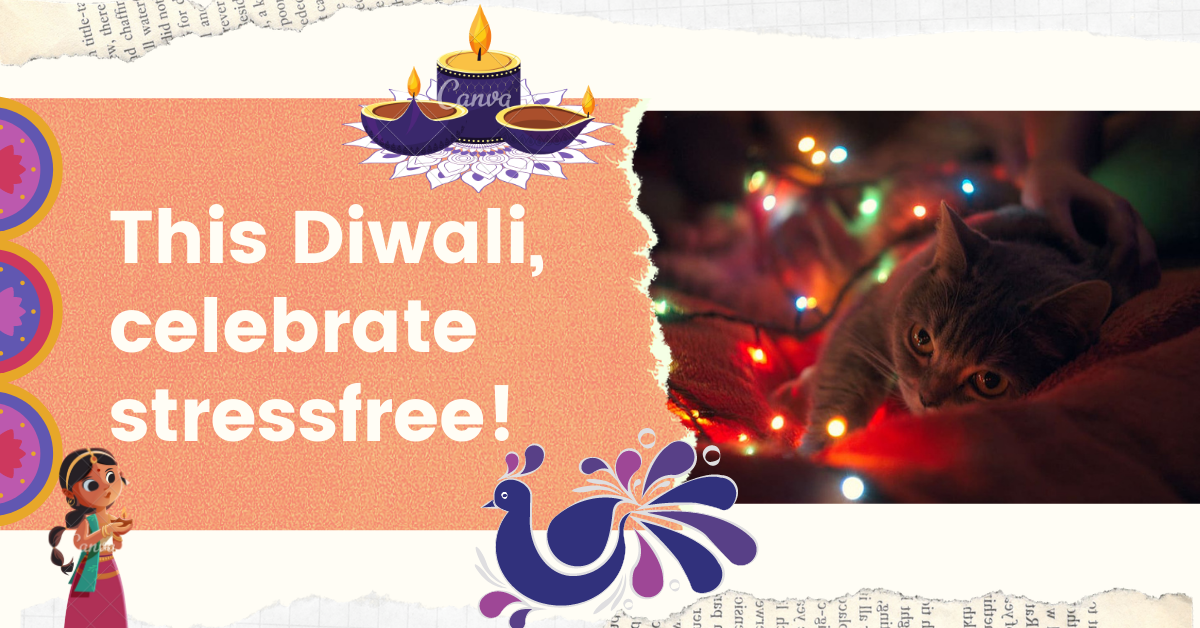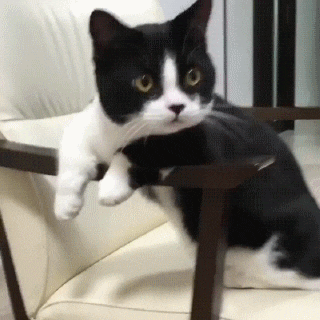The COVID-19 pandemic seems never ending, but what seems to be worse is the list of things begging to be done, be it studying for upcoming exams, piling up incomplete assignments, or finishing a year’s worth of backlog. It’s not just you, we’re all facing an all time low of motivation and productivity, but we’ve got your back this time.
Let’s dive straight into the different ways of staying productive during the lockdown!
Sign-up for an e-course
The internet can be your best friend or your worst enemy depending on how you utilize it. It is an ocean of resources and knowledge, especially nowthat everything from writing exams to meeting friends has to be done from behind the computer screen.
But the internet doesn’t have to be as bad as our parents claim it to be. Give yourself a break from your usual textbook studying and sign up for online courses that are either related to the course you’re currently studying or even completely unrelated to it, to broaden your horizons, some of which are highlighted below. Many sites offer courses free of cost and others for a minimum base fee, on completion of which you could obtain certificates that stand out and enhance your CV. Multiple online courses are available on a variety of topics, such as equine welfare, livestock production and food technology, animal behavior as well as small animal first aid and CPR to name a few. The sites that offer these courses are https://www.classcentral.com/subject/veterinary-science, https://www.mooc-list.com/categories/veterinary, https://www.coursera.org/courses?query=veterinary&page=1.
Develop a new skill
Being productive is not exclusive to studying. Now’s the time to expand on that hobby you’ve been wanting to explore and never got around to trying. Learn basic life skills that you’ve been putting off, get creative and make use of all this extra time you have on your hands. Today, there are online training courses for anything under the sun, from cooking or dancing to learning a new instrument. Utilize this time to develop your personality and your skills as a person. Learn a new language easily through apps such as DuoLingo or enhance your writing skills to be able to feature in journals or magazines. You can learn and gain so much without even leaving the comfort of your home.
One such valuable tool is the development of soft-skills, which as a veterinarian are necessary attributes for developing team work, leadership and communication.
Check out IVSA SCoCA’s Soft-Skill training programme here https://www.instagram.com/ivsa_scoca/?hl=en
Change the way you study
Your work and study environment play a big role in how productive you can be. Segregating your study space from the place you relax in helps create boundaries and gets more work done. Yes, this means no more attending online lectures from your bed! Keep your dedicated study space away from the family room and find a quiet corner with simply a comfortable chair and table. Remember to keep your desk clutter free and not surround yourself with mountains of books and papers, but rather make it inviting and fun.
Another tip is making yourself accountable to a friend, parent or teacher greatly improves productivity in a positive manner. It tricks our minds into committing and being answerable for our progress.
Check out IVSA SCoW’s Mentor-Mentee Programme that matches IVSA alumni and senior vet students with IVSA students looking for emotional support or tried and tested tricks for studying. https://www.ivsa.org/scow/
Studying alone at home can get boring and monotonous. Exploring new methods of studying can be the change you’ve been looking for. An advantage to our virtual learning format is that, many universities have adapted by making their course materials available to everyone on their websites in a concise and well written manner to save you the trouble of making your own notes. You can find or make your own mind maps and flowcharts, hear audiobooks, or watch video lectures and find many interactive methods of studying, by trying out all, to choose what gives you the best results to develop long term memory. It may help to occasionally switch between these learning techniques to keep your mind engaged.
Check out IVSA SCoVE’s Eduplatform. The go-to site for all online veterinary resources, including veterinary textbook recommendations, e-lectures and helpful websites for all veterinary related subjects. https://ivsascove.wixsite.com/eduplatform
Make realistic timetables
The most helpful pre-lockdown tool is having a fixed daily routine, such as being in college classes for a set number of hours, having stipulated meal timings, participating in extra-curricular activities for a dedicated amount of time, unwinding with friends and most importantly maintaining a rigid sleep-wake cycle.
Establishing a firm timetable at home is important to bring back some sense of normalcy and regularity to boost productivity within the four walls of our homes. Waking up in advance and not just before online lecture hours gives a head start to your day and allows you to plan your activities giving you less time to waste trying to find motivation.
A nice way to start your day is to get out of your pyjamas and jump into your daily wear clothes to give yourself incentive to get going and not laze around in bed.
Maintaining a journal or a written task list helps visualize your time usage in the day and helps you realize and catch the many number of hours that go to waste simply wondering what you should be studying or which project you should be completing. Writing down your goals for the day also helps you stay realistic and stick to a plan, not to mention the satisfaction of ticking off a task and looking back at just how much you were able to accomplish!
Don’t forget to take sufficient time off to just relax and take a breather. Scroll through social media but stay away from negative news, spend time with your pets, play online games with your friends or even dedicate this time to work out, exercise and stay fit. After all we are in the midst of a stressful pandemic don’t be too hard on yourself.
Put down your phone
Social media apps are the bane of every person’s productivity, but you know what can help? More apps! You read right, social media blocking apps are found aplenty for both android and iOS devices, and they cut out the biggest cause of distraction and increase mindfulness. That quick scroll through Instagram, a text on WhatsApp or a story on Snapchat, may all seem harmless at first but if you take a look at the screen time of these apps, you’re in for a nasty shock. These app lockers are available for phones, tablets and laptops to curb that awful habit of checking your notifications after every page you study. Not only does this improve focus but also reduces the urge to procrastinate. Check out Offtime, Moment, Forest, Flipd, etc.
For all of us who haven’t gotten around to clearing up a little space on our devices, an alternative is to simply lock your phone in your drawer or cupboard in another room while you study. It is less likely that you would walk over to another room and unlock a drawer for a quick glance at your phone.
Don’t ‘Mental-quarantine’ yourself
The lockdown seems like it’s here to stay, and along with it comes the new norm of social distancing. While it is important to avoid social gatherings and stay home to flatten the curve, we must keep in mind to only physically but not mentally isolate ourselves from our loved ones.
Most often, mental health is overlooked as a contributor to our productivity and vice versa. Various popular videoconferencing apps are available for free, allowing people to have face to face interactions virtually, in a safe way. These virtual platforms provide a positive and conducive medium for connecting, learning and sharing ideas and skills.
Move out of the house in a safe manner taking all precautions for 5 minutes everyday just to catch that vitamin D! If the situation doesn’t allow for it, stay at home and join either a fitness series or maintain a home workout routine to keep yourself physically active and productive as well.
Online group study sessions with friends are a fantastic way to improve productivity while simultaneously making it a relaxing time for everyone involved. Group studies are not your “thing” until you give it a shot once, a lot can be accomplished without being exhausted by the end of the day or being overcome with loneliness and fatigue.
Keeping yourself in contact with the outside world in a safe way is essential to keep your spirits up in these difficult times. Reconnecting with family members at home is the best use of time to give yourself a refreshing break.
Check out IVSA SCoW’s Wellness Week activities and toolkit to help find your happy place and stay mentally strong through the lockdown.https://www.ivsa.org/scow/
–Aastha Mehta
IVSA Mumbai, India

